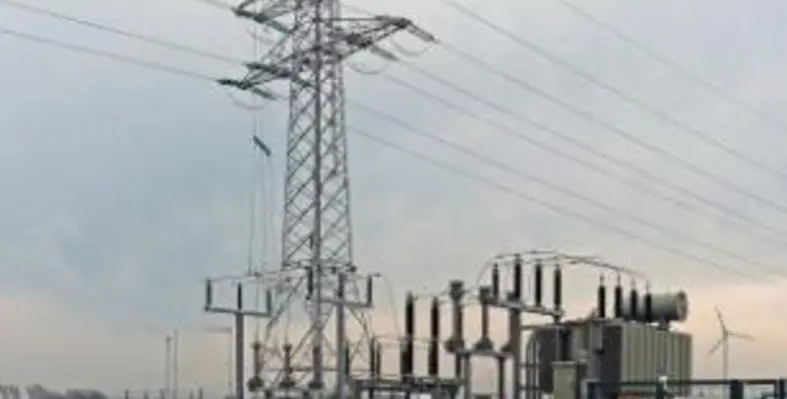With an aim to become a regional power distribution hub, the Zimbabwe has announced that it will construct a 1,000km regional power line in 2018 in partnership with stakeholders from Mozambique and South Africa
The Development Bank of Southern Africa (DBSA) will be funding the project worth US$244mn, with the new power line expecting to have a maximum capacity of 1,740MW.
In a statement to The Herald, the Zimbabwe Electricity Transmission and Distribution Company (ZETDC) said that the new power line will include the construction of a mega power station in Triangle, to distribute power to the southern African region.
Speaking to the source, Ikhupuleng Dube, systems development manager at ZETDC, stated that the power line will start in Mozambique and pass through southern Zimbabwe to end in the northern Limpopo Province in South Africa.
“We are seated at the hub of the region, meaning power has to come through Zimbabwe and we are now establishing a super grid so that power from the north, east, west and south comes to Zimbabwe and then we distribute it to where it would be required,” Dube said to the source.
Dube further added that the largest part of the construction will be made in Zimbabwe, with project expecting to be completed by 2021.
According to the source, the new power line will be constructed in several phases, with the first phase consisting of the construction from Mozambique to Triangle and the second phase from Triangle to Njelele in South Africa.
“We are finalising preparatory work. From Orange Grove to Triangle, we are talking about US$134mn and a massive substation will be constructed in Triangle,” Dube added to the source.
Commenting on the farmers and citizens affected by this project, Dube reinforced, “We are going to compensate fully all those who will be affected by this development. We will build houses, drill boreholes and compensate those whose farming activities would be interrupted during the actual construction work.”












